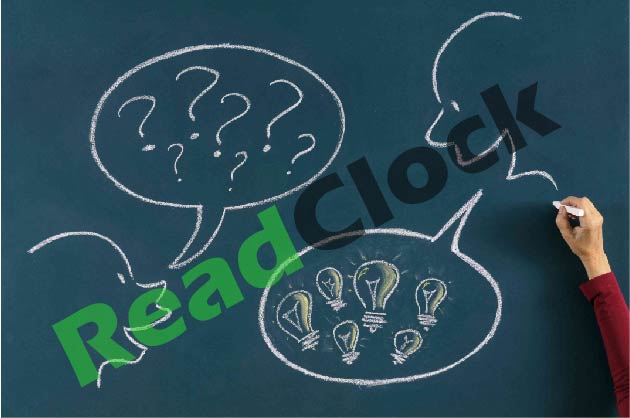Social Cognition and its Influence on Daily Life
This article is all about social cognition and its influence on daily life Let’s begin with the social mind—in other words, social cognition. Cognition refers to the mechanics of thinking— it’s how we perceive process, retain, and recall information. For example, while you are reading this sentence your brain is engaging a whole range of mechanisms. First, you are seeing the words. This visual input is then translated, encoded, and matched to a memory for what those words mean. As you access each word’s meaning it is compiled into a sentence structure according to other stored rules. The sentence is interpreted and kept in working memory so it can assist the processing of the next sentence, then the next paragraph, and ultimately the chapter.
Finally, the key information is summarized, abstracted, and stored for assistance in interpreting subsequent information. Social cognition works in much the same way—except the stimuli, meaning and, interpretation is all about the content of our social universe. Social cognition is therefore about how we encode, analyze, store, and use information about the people we meet and the relationships that define us. It is about the mental processes that ‘kick in’ as soon as we communicate with someone else. It is the nuts and bolts of social psychology, and forms the basis for pretty much everything So what is social cognition in practice? Well, we’re doing it all the time, we just don’t realize it.
Think, for example, about what mental processes will be initiated when you wake up tomorrow morning. Perhaps you’ll start off thinking about that presentation you have to prepare for later in the day. Why do you want to prepare for it? Well, there are explicit rules— it’s what your boss has told you to do. But there are also implicit rules— rules we don’t see but which exert a powerful effect on our behavior. You won’t want to look stupid in front of your colleagues (and that’s a social influence). Then there’s the bigger picture—you want to do a good job to progress in your career.
Why do you want to do this? It’s key to your aspirations, and you want to make your friends and family proud (self-esteem, social comparison—they’re social processes). Ok, perhaps you’re not thinking about that but listening to the radio. The DJ is engaged in a humorous segment about a trip she made to the supermarket (the fruit stand crashes down when she reaches out to take a peach). Why are you laughing? You’re empathizing with the DJ (a social connection) and recognizing the situation (embarrassment in front of others—another social process).
On the other hand, perhaps you’re heading downstairs to breakfast. The whole family is there. Your dad starts asking you about your schoolwork (social pressure from a significant other), you’re still a bit annoyed with your sister after a fight yesterday (an interpersonal relation), and you’re not eating bacon because you saw a documentary last week about how animals are slaughtered (attitude change). I could go on. At pretty much every point in our day, social cognition is in effect. Even when we’re alone, we’re thinking about others. Why was your boyfriend distant this morning? Will my boss support my promotion application? Every person we know or meet stimulates the social mind. And none of this is to mention the big issues in the news. Immigration, politics, economics—there are social issues and influences that surround us every day. Cognition lies at the heart of this social influence; it drives our attitudes and prejudices, our altruism and aggression. In this chapter I’ll cover the basics of social cognition, and in particular how we form impressions of others. To do that, I need to go right back to the beginnings of social psychology, and a metaphor that was to define the early days of the discipline

